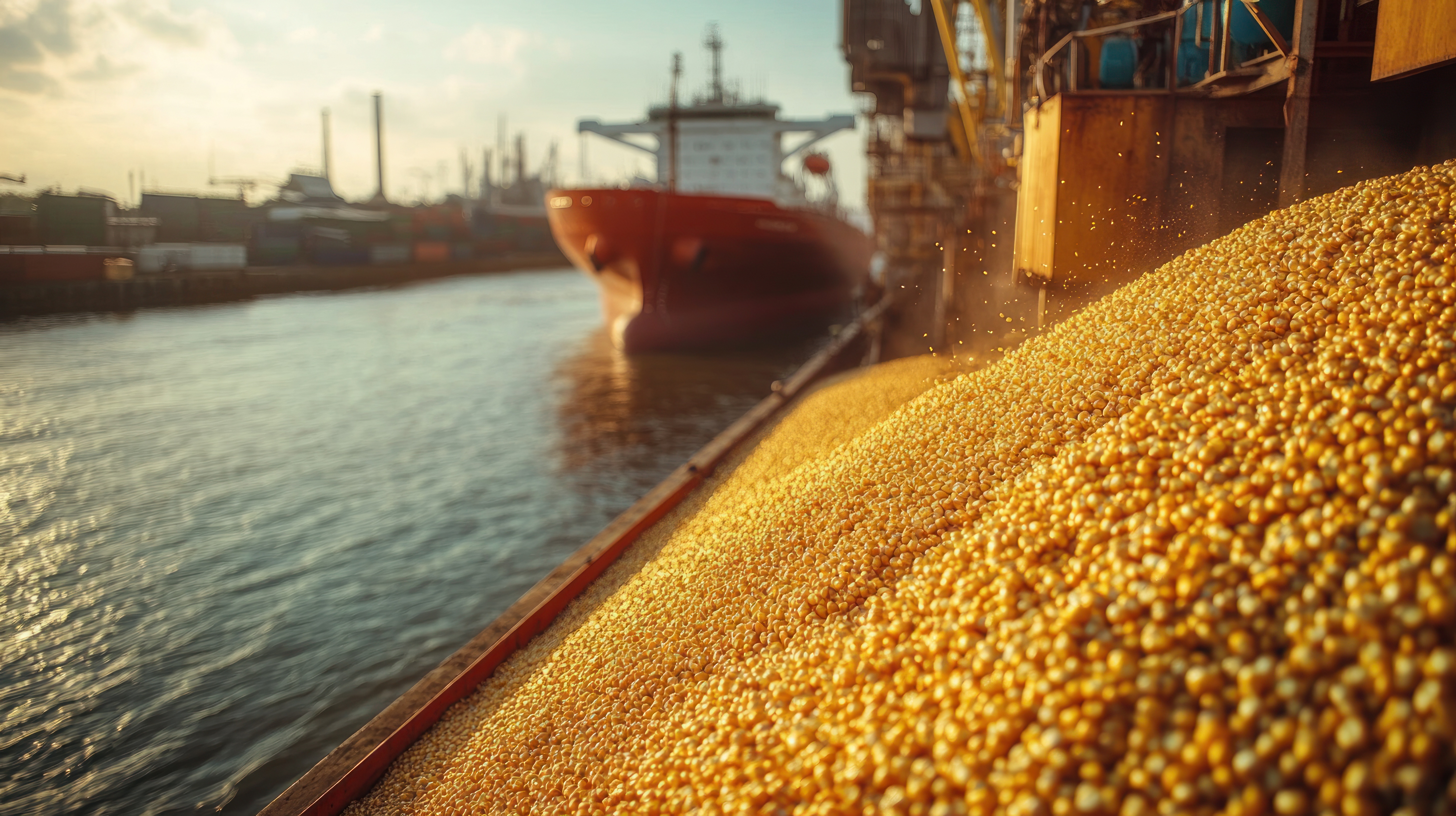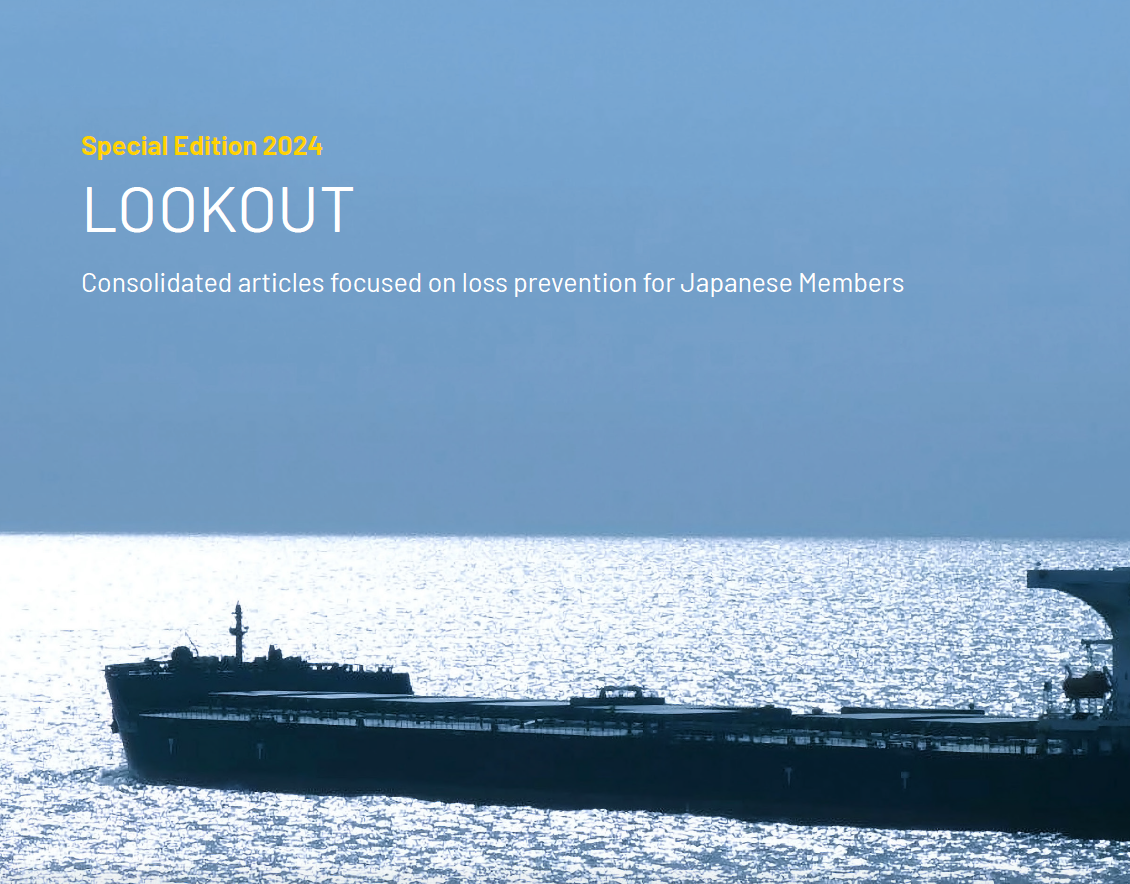This video is also available at our Vimeo page.
Experts: Ian Crutchley and Paul Parkinson.
Ian is a Customer Account Manager with VPS, representing clients' interests in ensuring quality and quantity in marine fuel purchases. Our second guest is Paul Parkinson, Paul is the Group Oil Condition Monitoring Business Development Leader for VPS.
Fuel combustion in an engine is a complex reaction. Unpredictability in the composition of residual marine fuels makes it even more difficult to forecast the effects it can have on the engine components. Larger engines, especially the two-stroke designs, have enabled ships to burn a wide variety of residual fuels. Since the implementation of the MARPOL requirements mandating less than 0.5% Sulphur fuel from 1st January 2020, the industry has seen an upsurge in incidents resulting in cylinder liner damages of large two-stroke engines. These incidents started to appear around late 2020, when the majority of the world fleet started transitioning from high Sulphur fuel oil (HSFO - max 3.5%) to very low Sulphur fuels (VLSFO - max 0.50%).
To discuss these issues we spoke to experts from Veritas Petroleum Services (VPS) - the market leader in marine testing and inspection services.
Ian talks about the fuel, in terms of what has changed after the introduction of VLSFO and how these changes might be effecting the machinery.
Paul outlines the cylinder lubrication side of things, providing a background about lubrication in general, he also draws parallels to management of change applicable to any industry.
For more information please get in touch with our Loss Prevention team who will be pleased to assist you.




